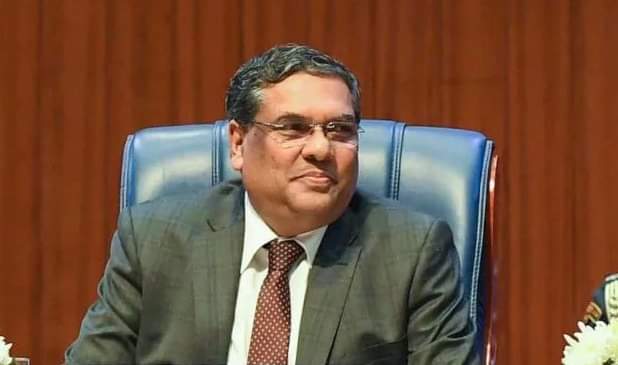Justice Sanjiv Khanna, born on May 14, 1960, is set to become the 51st Chief Justice of India, succeeding Justice D.Y. Chandrachud. Khanna, who has had an illustrious career in law, will assume office as the Chief Justice of India (CJI), continuing a legacy deeply rooted in the Indian judiciary.
Legal Journey and Background
Justice Khanna has served as a judge of the Supreme Court since January 18, 2019. Before his elevation to the Supreme Court, he was a judge at the Delhi High Court, a position previously held by his father, Dev Raj Khanna. His father retired from the Delhi High Court in 1985, and his mother, Saroj Khanna, was a Hindi lecturer at Lady Shri Ram College in Delhi.
Khanna completed his schooling at Modern School, New Delhi, in 1977. He graduated from St. Stephen’s College in 1980 and pursued law at the Campus Law Centre, Faculty of Law, University of Delhi. Enrolled as an advocate with the Bar Council of Delhi in 1983, his judicial career began with his appointment as an additional judge of the Delhi High Court on June 24, 2005. He was made a permanent judge on February 20, 2006.
Role and Notable Legacy
Apart from his judicial duties, Justice Khanna currently serves as the ex-officio executive chairman of the National Legal Services Authority (NALSA). His family has a distinguished judicial history, with his uncle, Justice Hans Raj Khanna, remembered for his dissenting judgment in the 1976 ADM Jabalpur case (also known as the Habeas Corpus case). Justice Hans Raj Khanna’s dissent became a landmark in India’s judicial history, establishing the basic structure doctrine, which ensures that certain constitutional principles cannot be amended even by Parliament.
Justice Khanna’s tenure as the 51st Chief Justice will reflect his deep commitment to justice and continuity within the judiciary, just as his predecessors have shaped the legal landscape of India.
